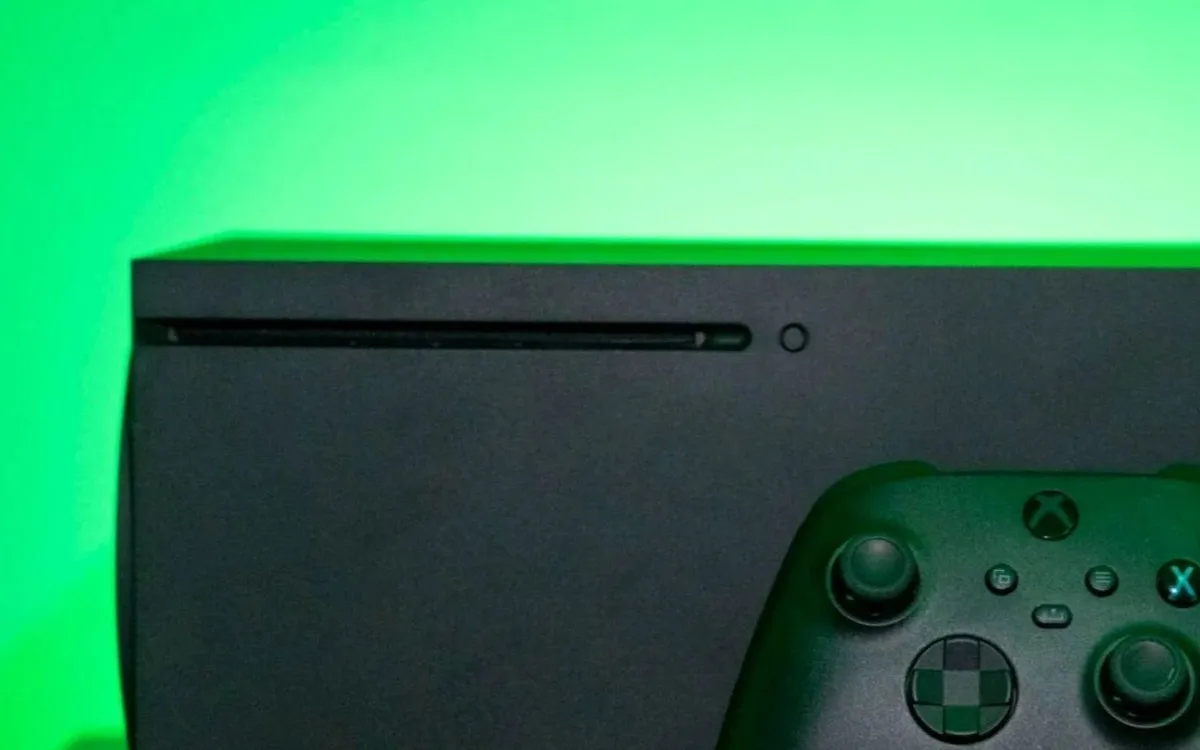
The gaming landscape is undergoing a significant transformation, with Xbox leading the charge as the first major game publisher to announce a comprehensive price increase across its entire portfolio, excluding Game Pass. This shift marks a pivotal moment in the industry, where consoles, controllers, and accessories will see heightened prices, with the standout change being the introduction of first-party games starting at $80 later this year.
Many might wonder how this price hike will impact sales. Interestingly, Xbox’s strategy seems to focus on amplifying the appeal of Game Pass rather than on traditional game sales. In a detailed announcement on the Xbox support site, Microsoft outlined a new pricing structure that will take effect on Thursday, May 1.
As part of this restructuring, all Xbox consoles will experience price increases. For instance, the Xbox Series S with 512GB of storage will rise from $300 to $380. The 1TB version will see an increase from $350 to $430. Meanwhile, the Xbox Series X Digital console will now retail for $550, up from its previous price of $450, and the model with an optical drive will cost $600, which is a notable increase of $100 from $500. Additionally, the Xbox Series X Galaxy Black Special Edition featuring a 2TB SSD will be priced at $730, a jump of $120 from its previous $600 tag, even surpassing the $700 price point of the PlayStation 5 Pro.
Alongside the console price hikes, Xbox accessories are also seeing increases. The Xbox Wireless Controller is now priced at $65, while the Xbox Elite Series 2 Controller will start at $150, a slight rise from $145. The official Xbox Wireless Headset will now cost $120, reflecting a $10 increase.
Notably, these price adjustments are not limited to the U.S. market; Microsoft’s gaming hardware will see price hikes internationally as well. First-party Xbox games are set to reach the $80 price point “this holiday season,” further aligning with the pricing strategies observed in the industry.
Microsoft’s move to raise prices comes in the wake of Nintendo’s earlier implementation of a pricing structure that included $70, $80, and even $90 titles for its first-party Switch 2 games. This trend suggests a potential domino effect, where other major publishers may follow suit in the near future.
In a statement on its support page, Microsoft acknowledged the challenges posed by these changes, attributing them to careful consideration of current market conditions and the rising costs of game development. While there has been speculation about possible connections to tariffs, including those imposed during the Trump administration, Microsoft did not provide any immediate comment on this issue.
The conversation around game price increases is not new, as major publishers have been vocal about the stagnant prices in the face of inflation. For instance, Halo: Combat Evolved, which debuted at $50 in 2001, would equate to approximately $91 today when adjusted for inflation. The industry is observing the success of Nintendo's recent pricing strategies, with titles like Donkey Kong Bananza priced at $70 and Mario Kart World at $80, indicating a willing consumer base for higher-priced games.
Amidst the evolving pricing landscape, Xbox Game Pass remains the sole service that will not see a price increase. Microsoft had previously adjusted its gaming subscription service, raising costs for most tiers and removing access to day-one games from its lower-priced console tier. With the prospect of pricier games on the horizon, Game Pass may present an even more attractive option for gamers.
As Microsoft navigates these price changes, it is clear that Game Pass will become the cornerstone of its strategy moving forward. The company appears less focused on using hardware to promote exclusive titles. Recently, Xbox has broadened its reach by bringing previously exclusive games like Forza Horizon 5 to the PlayStation 5. Xbox head Phil Spencer has even expressed interest in expanding Game Pass to other platforms, including Nintendo and Sony, should the opportunity arise.